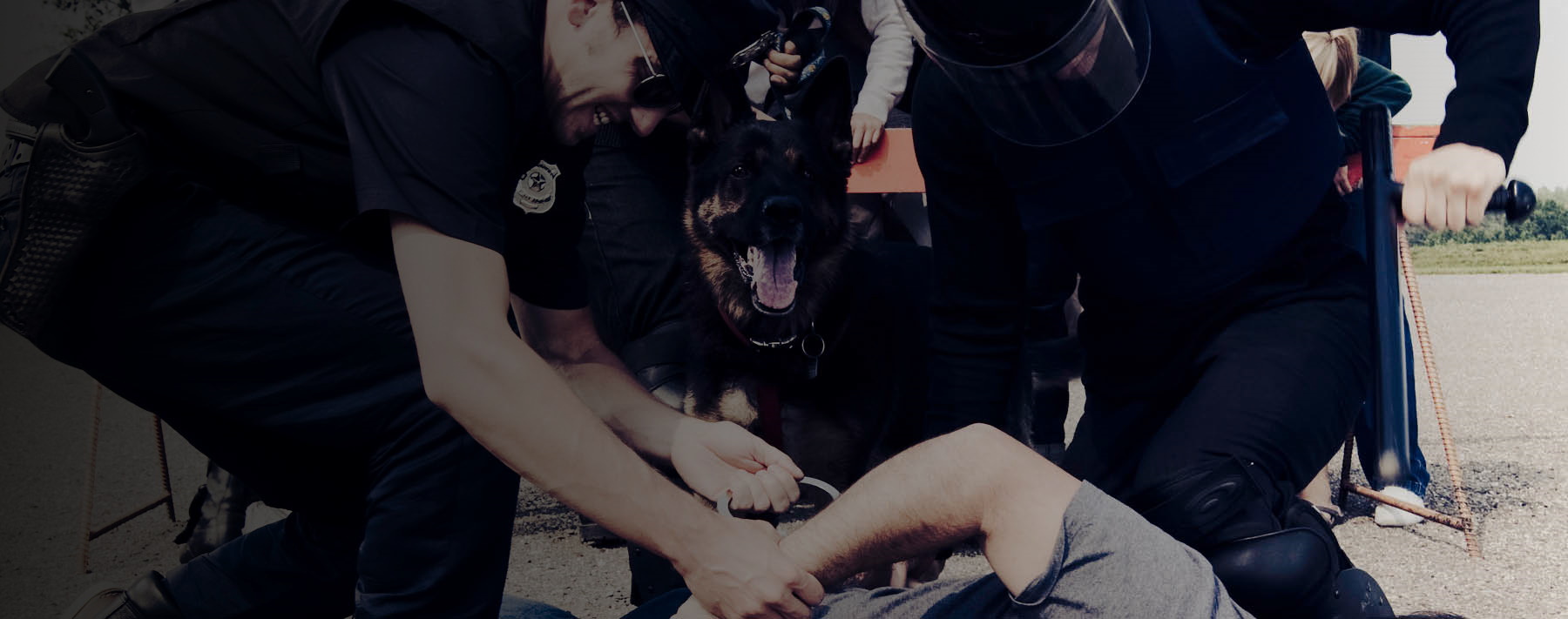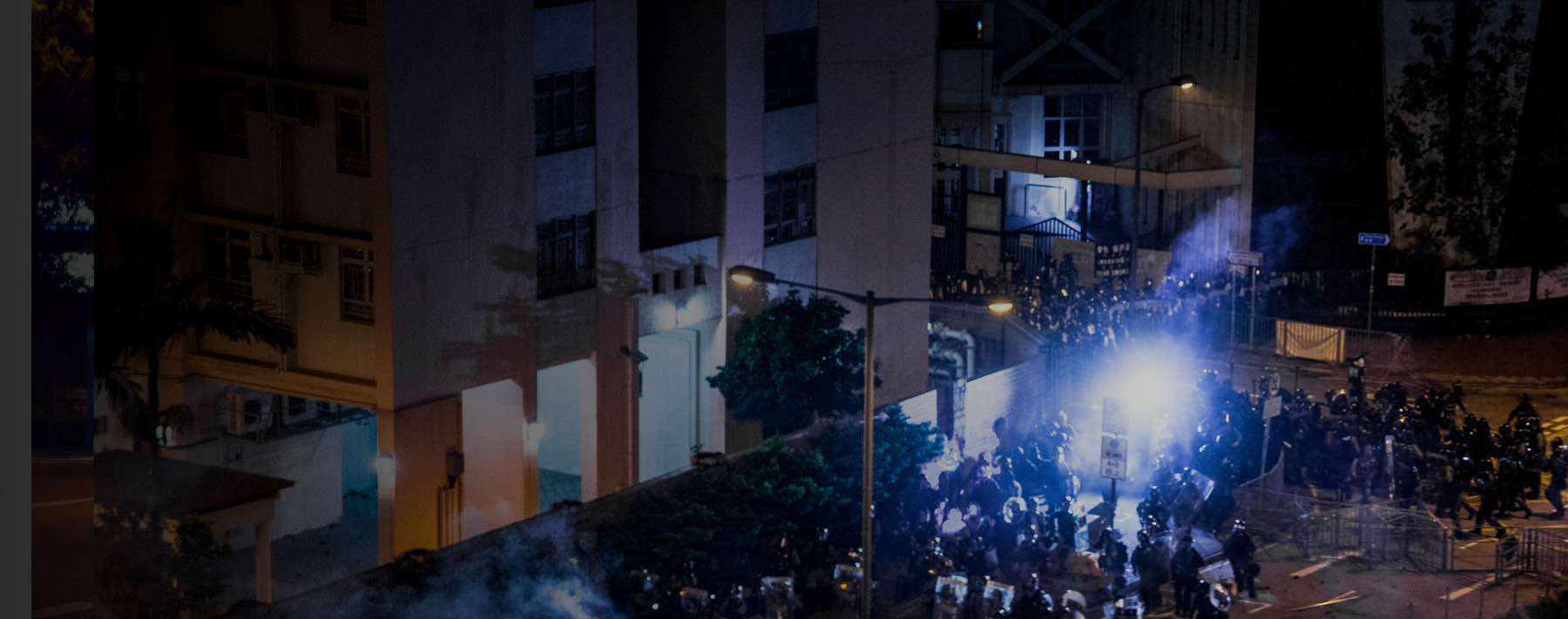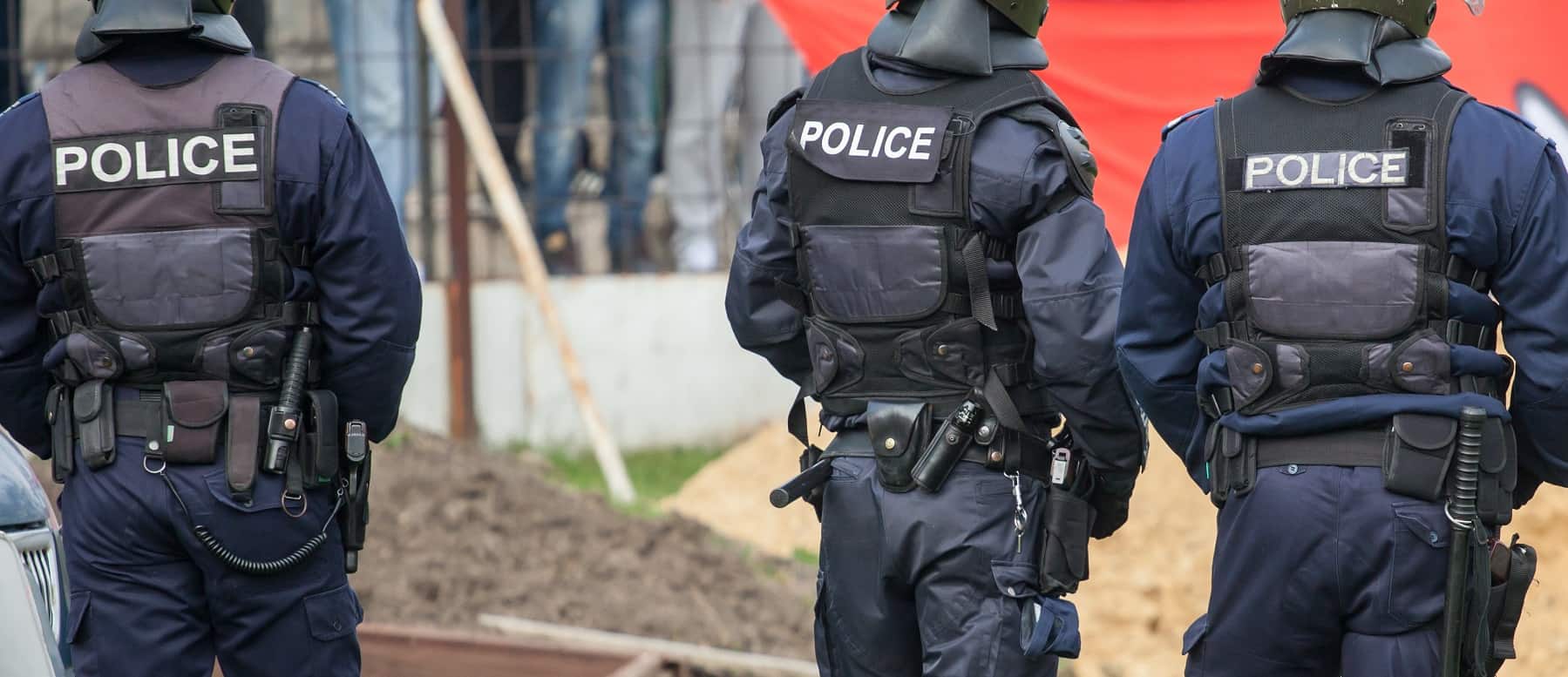Without such a process, blame and overreaction can leave many problems lying in wait


Without such a process, blame and overreaction can leave many problems lying in wait

From an organizational culture perspective, the legal duty to intercede must be far more expansive

Whether use of force is legally justified in a given situation is not the only consideration

When evaluating incidents, it’s valuable to ask, “Who escalated the situation, and why?”

If you do not find the root cause of the issue, it’s all too easy for the bad event to happen again

Video evidence can expose officer dishonesty, creating a duty to disclose

Implicit bias, legitimacy and procedural justice apply as much to managing our own agencies as they do to our relationship with the community

Learning from the stories behind the headlines is essential to reducing real risk at our police agencies.

An understanding of both concepts is needed to properly explain use of deadly force to the public

In press briefings, police leaders must be aware of how video can affect public perception

3 court cases shed light on this complex question

An officer’s willingness to think, slow down and communicate is key to avoiding a tragedy